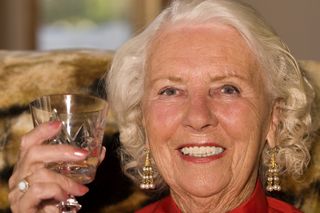 Whichever you select, consider ways you can structure the trustee’s duties and relationships to increase the probability of achieving your estate planning goals.
Whichever you select, consider ways you can structure the trustee’s duties and relationships to increase the probability of achieving your estate planning goals.
Selecting an executor or trustee of your estate plan is a very important decision that requires much thought. A recent Investing Daily article, titled "Making Your Most Important Decision," has some strategies to consider when selecting the financial fiduciaries for your estate.
The first is co-trustees. Both professional trustees and individual trustees each have advantages and disadvantages. You can try to get the best of both by naming co-trustees. There are different ways to structure a co-trusteeship, so ask your estate planning attorney about which way to go. Typically, the trust company could be the primary trustee. It would take care of the record-keeping, administration, and investments. Your trusted friend or family member serving as a co-trustee would have access to all the records, and he or she would be able to reviews them and spot any issues. The original article suggests giving the non-professional co-trustee the power to veto fees, investment decisions, and other key actions.
 Houston Estate Planning and Elder Law Attorney Blog
Houston Estate Planning and Elder Law Attorney Blog










